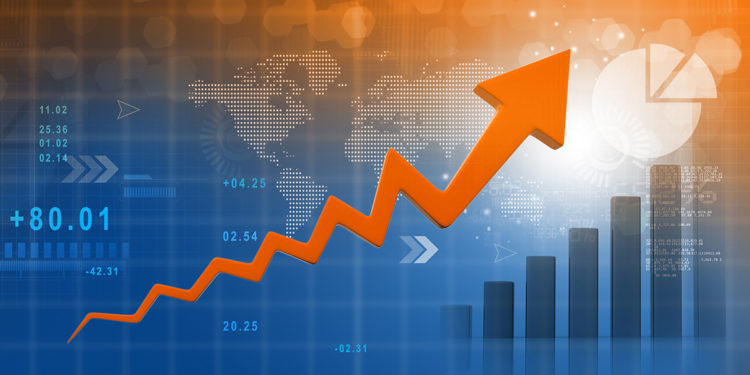Unprecedented cost of food and fuel being experienced across the globe has resulted to surging inflation. This in turn has led to slow economic growth especially in developing economies such as Kenya.
International Monetary Fund had earlier revised Kenya’s growth prospects downwards to a slow of 5.3 percent by the end of this year, down from last year’s projection of 7.5 percent. It Attributed the projection to downturns in advanced economies and emerging markets.
Read: Is Humanity a Failed Project?
In its new outlook, its attributes the impending slow growth and rise in inflation to volatility in commodity terms of trade, the movement of prices that a country pays for commodity imports and the prices it receives for commodity exports.
Furthermore, the movements have greatly been influenced by the weakening of the Kenyan shilling against the US dollar.
Kenyan importers have been grappling with high costs of importation on the back of the dwindling shilling which has weakened by 7.1 percent year-to-date against the dollar closing at 132.1 yesterday from 123.4 at the beginning of the year.
Importers are thus forced to pass on the burden to consumers through hiked basic commodity prices, pushing inflation levels beyond the statutory requirement of 7.5 per cent.
Read: Economic Development Requires A Lasting Formula For A Stable Republic
Last month, the country’s inflation stood at 9.2 per cent on rising food prices and the weak shilling, even as the IMF projects further rise in the coming months.
Food and energy prices have surged to near-historic highs in recent years amid the pandemic and the war in Ukraine, which prompted major supply disruptions. This was accompanied by a sharp rise in the volatility of commodity prices as well.
Such swings in commodity prices can weigh on long-term economic growth, especially for commodity exporters and thereby lead to stop-start public investment.
Kenya’s exports have been termed insufficient in addressing the country’s trade deficit which widened by 15.8 percent in the third quarter of 2022. This was pushed by an increase in the costly importation of petroleum products and fertilizer.
Email your news TIPS to editor@thesharpdaily.com


















